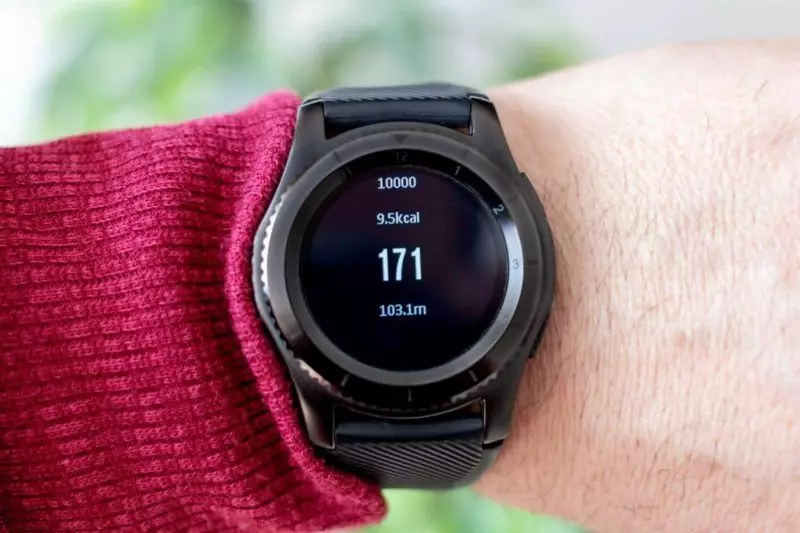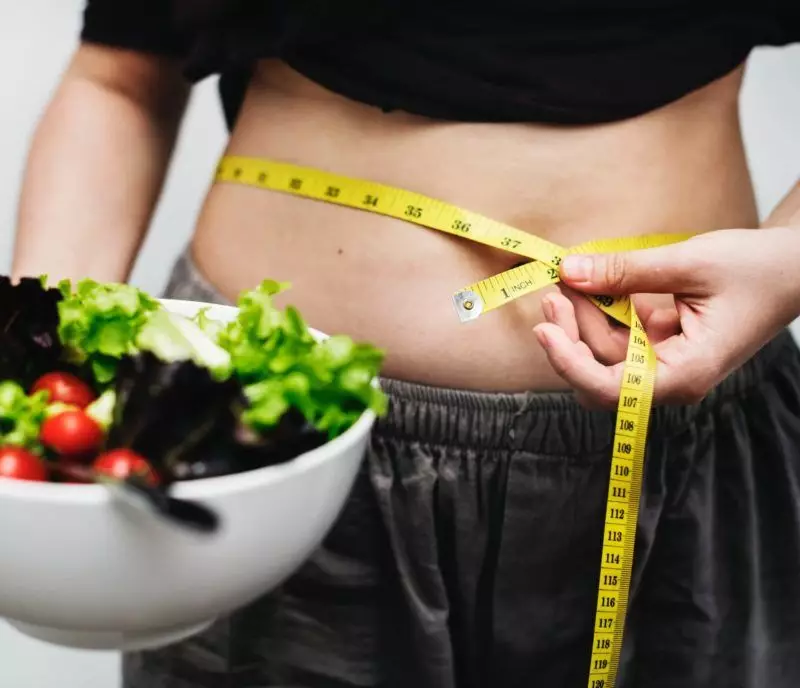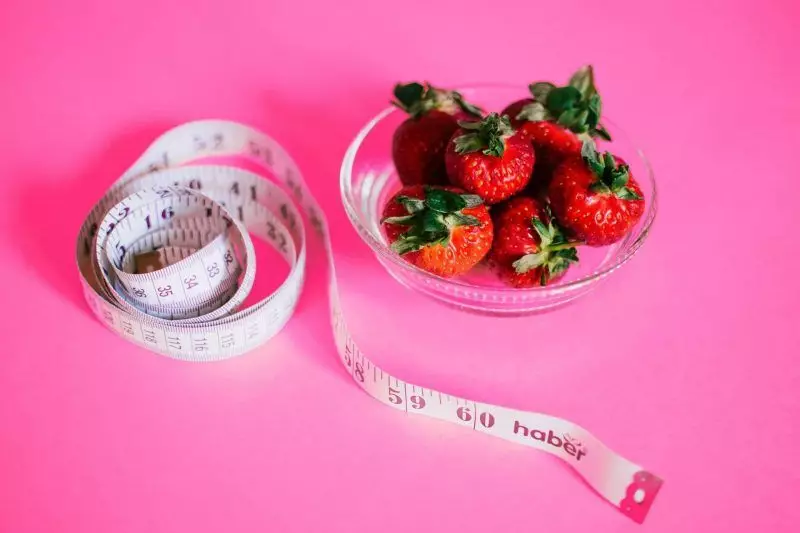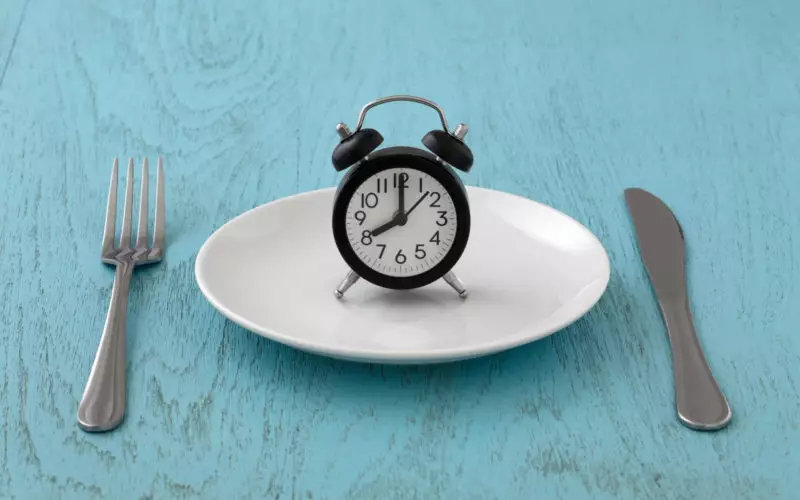
Eating slowly can benefit not only your physical and mental health but also your appearance. The benefits include better digestion, eating less food, weight management support, and lowered stress levels.
According to a 2018 study looking at the health effects of eating too fast, health conditions like obesity and metabolic syndrome were found to be more prevalent in fast eaters, than in people who eat at a regular or slow pace. [1] More specifically, the negative health effects evidenced in the study included weight gain, increased triglyceride and lower HDL cholesterol (good cholesterol) levels.
It’s true that very few people pay attention to their eating speed. However, the health risks of eating too fast are worthy to be taken into account.
That being said, this article will dive deeper into the benefits of eating slowly and will give you some tips on how to adopt this eating habit easier and without much effort.
Let’s dive in!
What is slow eating?
Basically, slow eating means chewing your food thoroughly before swallowing it. This habit stimulates you to appreciate every bite, tasting the different food flavors and textures.
What are the benefits of eating slowly?
The benefits of eating slowly may include improved digestion, weight loss and weight management, higher level of food satisfaction, and improved stress resilience.
Better digestion
When you eat fast, you tend to spend less time chewing your food, compared to when you eat more slowly. That being said, when you chew longer, you prepare the food for the next part of your digestion processes happening in the stomach.
In fact, digestion starts in the mouth itself. The more you chew, the more saliva you release, breaking down the food before you swallow it. This way, you can reduce the digestion effort in the belly (the effort increases if you swallow big chunks of food). [2]
As a result, eating slowly can play a role in the prevention of digesting issues in the stomach, like bloating, diarrhea, constipation, ulcers, acid reflux, and others. [3]
What is more, by chewing your food for a longer time, you help your body to absorb the vitamins, minerals, and other nutrients from food more efficiently.
You eat less food
The feeling of hunger and fullness doesn’t come only from the stomach, but also from the brain. For that reason, people experience different hunger symptoms: some may be lightheaded, while others may have headache or bellyache.
But what about the feeling of satisfaction and fullness after a meal? Well, the brain gives you a signal to indicate fullness about 20 minutes after you’ve started eating. Before that, it continues to assume that you’re still hungry. In other words, if you finish your meal before the “fullness alert,” you will still feel hungry (even if you ate more than you needed to).
By eating slowly, you extend your eating time (e.g., 30 minutes instead of 15), giving your mind enough time to realize that the digestion process has started. This way, you enable yourself to eat smaller portions and feel satisfied with your meal. [4]
Helps with weight management
Another benefit of slow eating is decreased calorie intake (as a result of decreased portions).
A study of the University of Rhode Island suggests that slow eating can play a role in the number of calories that you eat. The study found that when eating quickly, the participants consumed 646 calories in 9 minutes. In comparison, they ate only 579 calories in 29 minutes, when told to slow down and chew each mouthful about 15-20 times. [5]
Besides, another medical research, conducted by Japan Kyushu University, suggested that people who eat slowly may be 42% less prone to developing obesity-related diseases, including metabolic disorders, unbalanced cholesterol profile, risk of stroke, osteoporosis, etc. [6]
This way, slow eating can play a role in weight management and weight loss.

Enjoy your food more
When you are in a rush to finish a meal, you don’t take your time to really feel the taste of food, its texture, aroma, and quality. That being said, fast eating often decreases the pleasure which food provides us with.
By eating slowly, you have the opportunity to sense, taste, and appreciate the food you consume. And this can be closely associated with the term “mindful eating”. When you chew your food longer, you tend to pay more attention to the ingredients, spices, and flavors used for the preparation of the dishes. This gives you more time to enjoy the food and increase the levels of satisfaction.
Less stress eating
Stress eating (or emotional eating) is basically when you turn to food to find comfort, relief, and pleasure. However, emotional eating is often very fast-paced eating, lacking mindfulness.
Adopting a slowly eating habit may help you to overcome stress eating episodes easier and can contribute to an overall improved relationship with food. [7]
How to start eating slowly?
Even though it may seem difficult at first, everybody can adopt slow eating by engaging in adopting this habit. Here is a list of 9 tips to use if you aim to become a slow eater:
- Chew soft foods between 5 and 10 times.
- Chew dense foods about 10 to 30 times. [8]
- You can also use the 30 seconds rule: Chewing your food for 30 seconds before swallowing it.
- Pay attention to taste, texture, ingredients, and aromas.
- Leave your utensils on the table from time to time.
- Drink some water.
- Eat smaller bites.
- Avoid extreme hunger.
- Don’t get intimidated by the fast eaters around you.
- Be dedicated.








